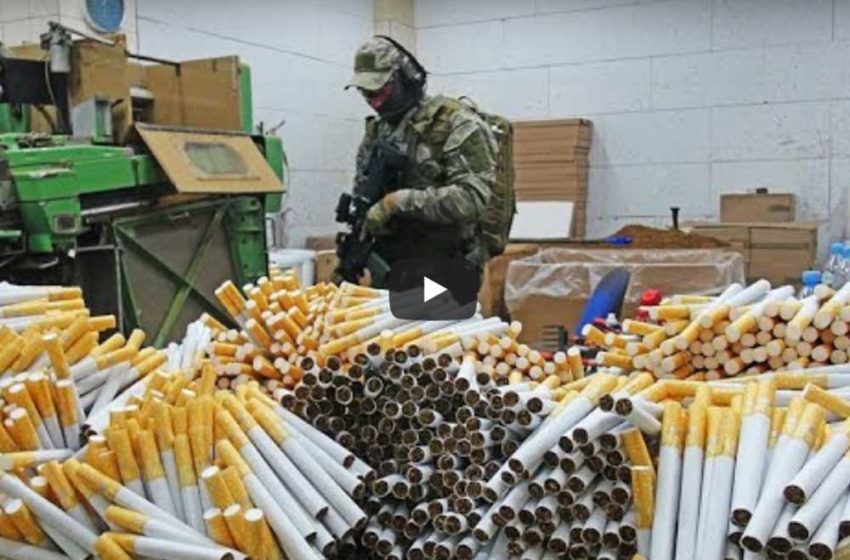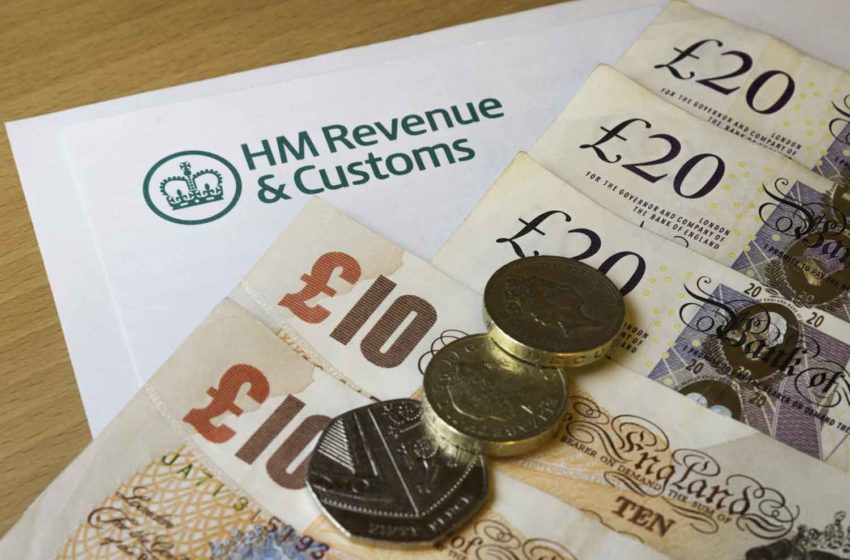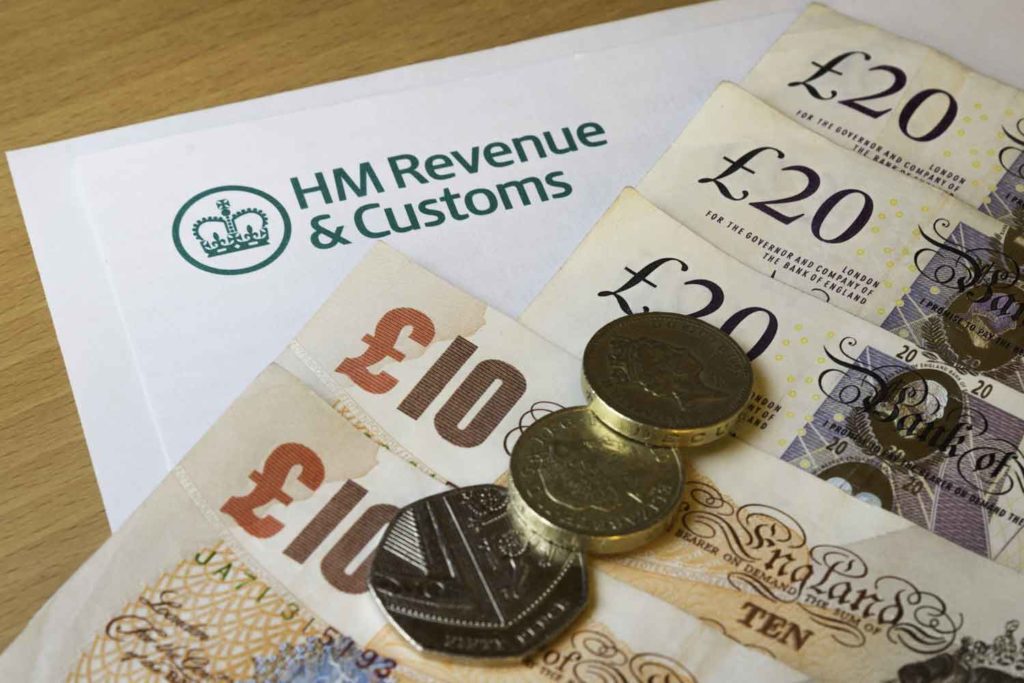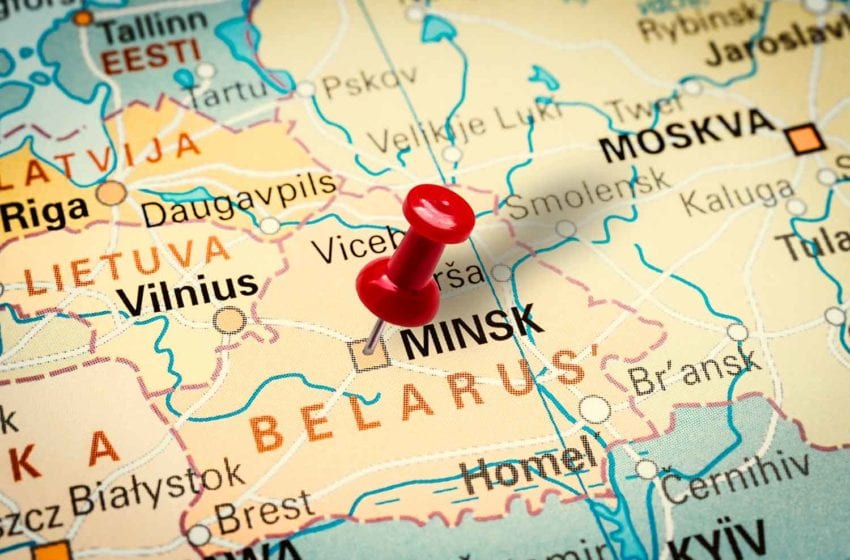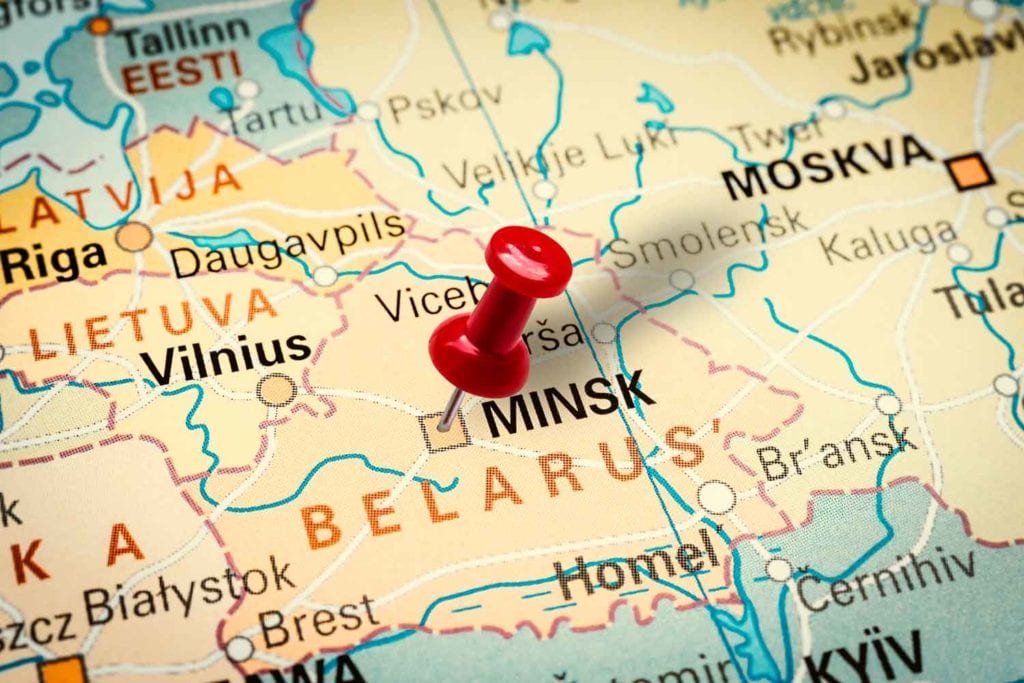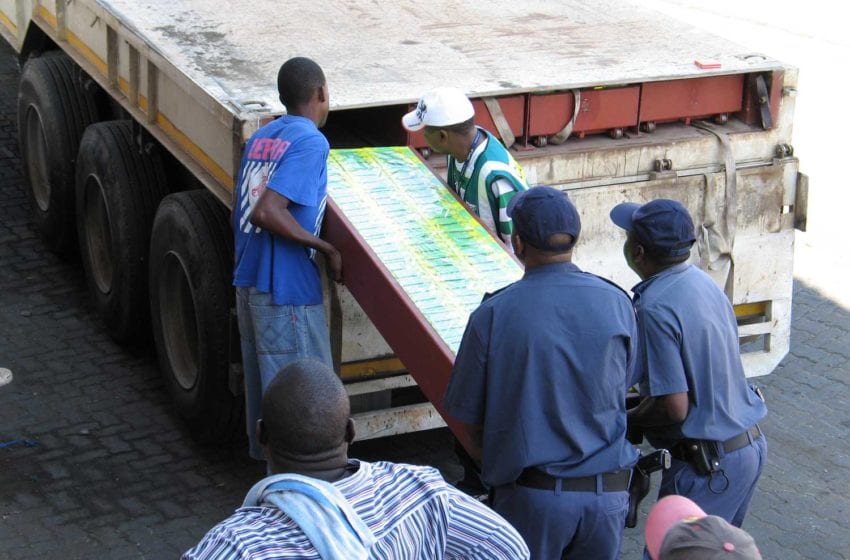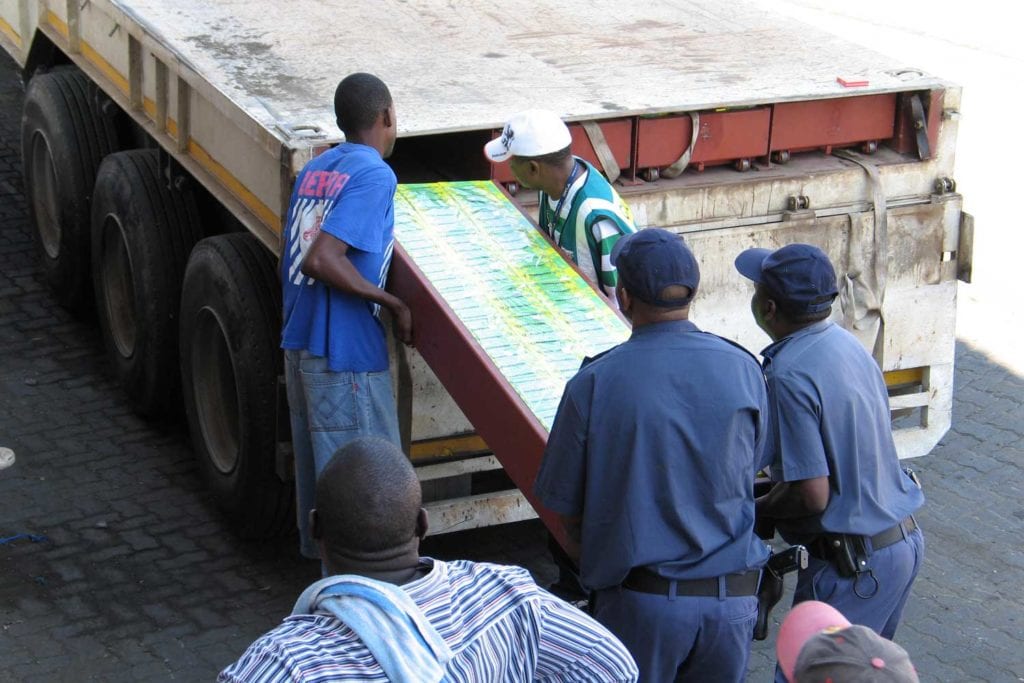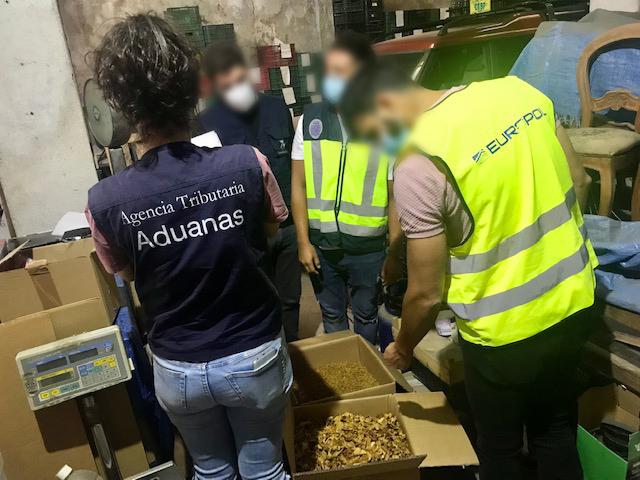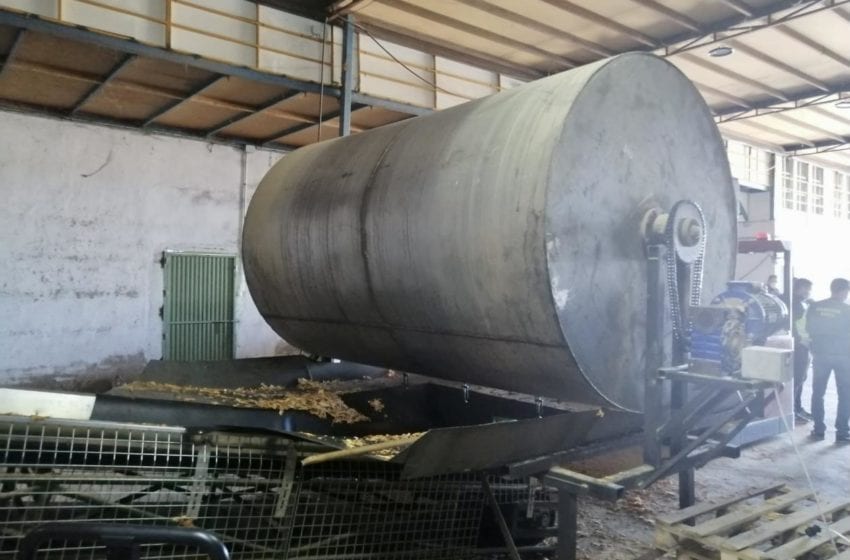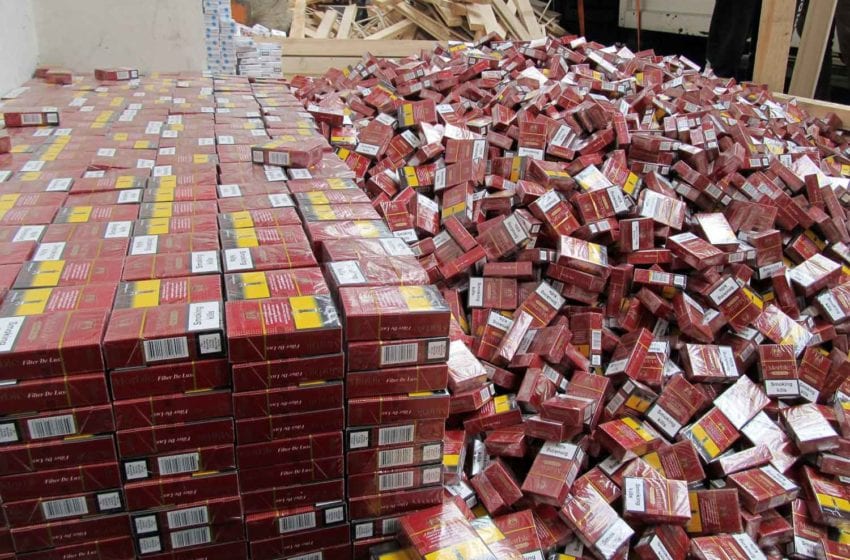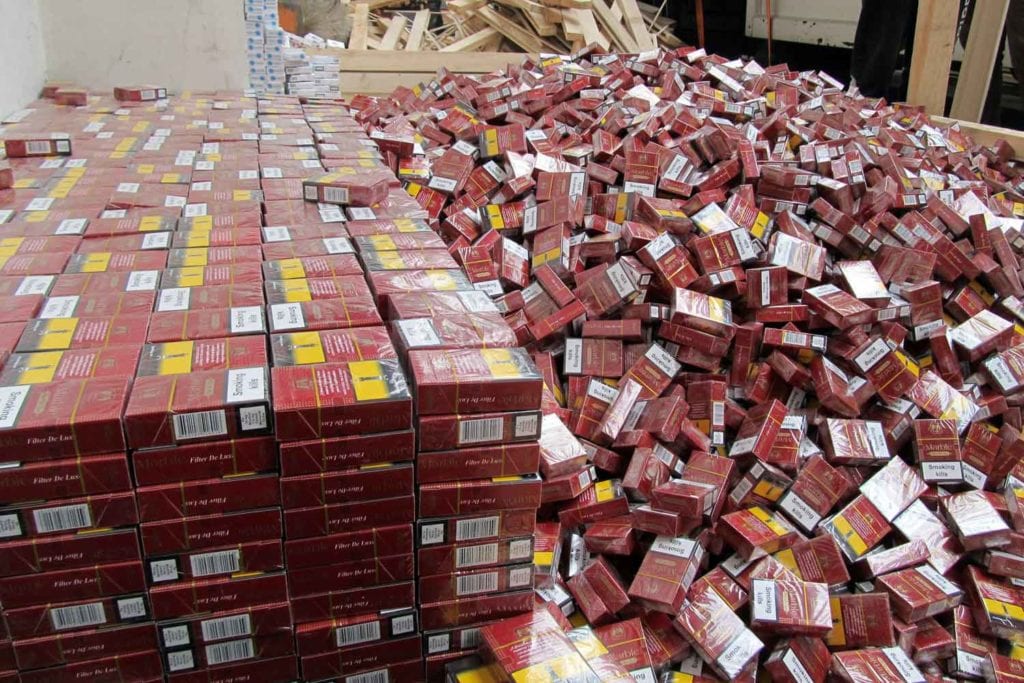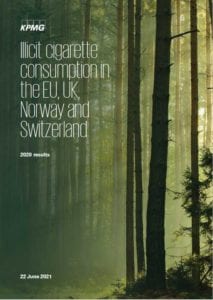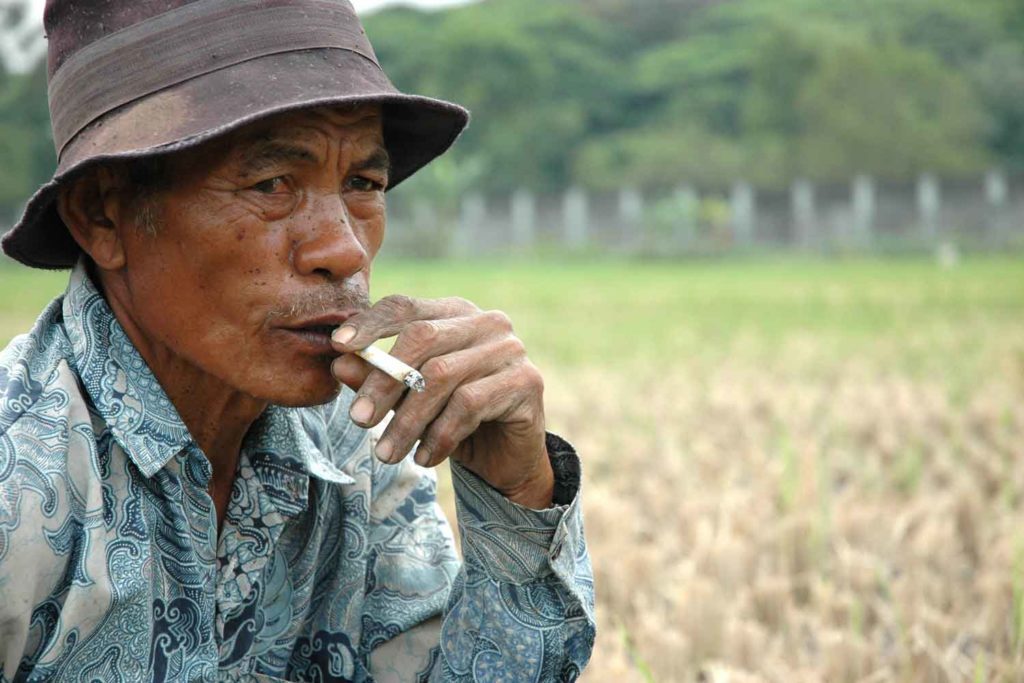
The Indonesian Customs and Excise Directorate General wants to lower the share of unlicensed cigarettes after seeing a surge in the illicit products during the coronavirus pandemic, reports The Jakarta Post.
The goal is to bring the market share of illegal cigarettes below 3 percent, down from the 4.8 percent seen in 2020, according to Customs and Excise Director General Askolani. “[With the operation] we are conducting this month and next month, we hope we can reduce it to below 3 percent.”
Customs estimates show that illegal cigarette market share had dropped to 3.03 percent in 2019 before increasing recently.




